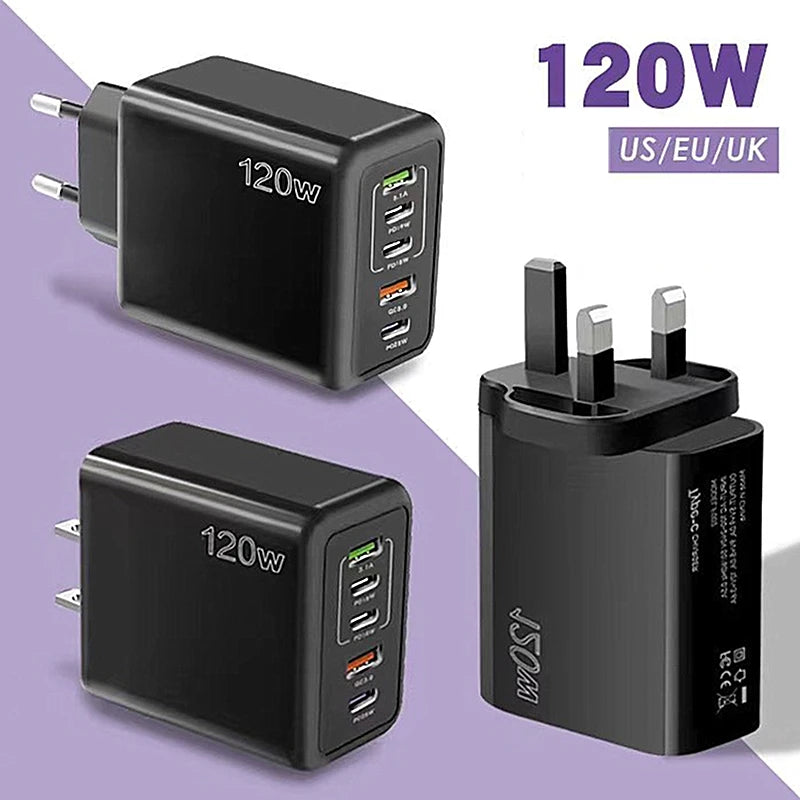
USB adapters are essential in the modern age in order to maintain our devices’ access and function. Knowing how to use USB adapters can greatly improve your experience with electronics, whether you’re charging your phone, transferring data, or attaching peripherals to your laptop. This is the definitive guide to help you navigate the world of USB adapters. USB (Universal Serial Bus) adapters are now essential for connecting a wide range of electrical devices in the quickly changing world of technology. Knowing USB adapters is crucial whether you’re a computer expert, a casual user, or someone who just wants to organize their electrical setup.
1. Describe USB adapters
With the use of USB adapters, you may connect a variety of electronics to USB ports on other devices. They are available in a wide range of sizes and forms, and they can be used for everything from data transport to device charging.
2. USB Adapter Types
USB adapters come in a variety of forms, each intended to do particular tasks:
With the help of USB to USB-C adapters, you may connect conventional USB devices to USB-C ports, which are showing up more frequently in laptops and smartphones these days.
USB Hub Adapters: These can stretch one USB port into several, which makes it easier to use multiple peripherals at once if you need to connect multiple devices to a single port.
USB OTG (On-The-Go) Adapters: These adapters increase the versatility of your mobile devices by allowing them to connect directly to USB peripherals like flash drives and keyboards.
Power Adapters: Made with charging in mind, these adapters transform common USB ports into a range of power outputs that work with gadgets that have diverse charging requirements.
3. Selecting the Appropriate Adapter
When choosing a USB adapter, take into account the following aspects:
Make sure the adapter is compatible with the devices you use. Verify whether your device has a USB-A, USB-C, or Micro-USB port, then select an adapter appropriately.
Data Transfer Speed: The speed at which data is transferred varies depending on the USB standard. Compared to USB 3.0, which is quicker and more effective, USB 2.0 is slower. Use USB 3.0 or higher for tasks like transmitting huge files.
Build Quality: An adapter with good construction will endure more wear and tear over time. Seek solutions with strong connectors and long-lasting materials.
4. Typical Use Cases
USB adapters are highly versatile. They are useful for:
Connecting External Hard Drives: With the appropriate adapter, you can access more storage on your laptop.
Charging many Devices: To charge many devices at once, use a USB hub.
Data Transfer: USB OTG adapters make it simple to move files between devices.
In summary
It’s critical to comprehend USB adapters if you want your electronics to function at their best. You can improve your connectivity, optimize your workflows, and have a more productive IT experience if you have the necessary skills. Regardless of the requirement to connect, transfer, or charge, the right USB adapter will make all the difference in your daily tech interactions.
